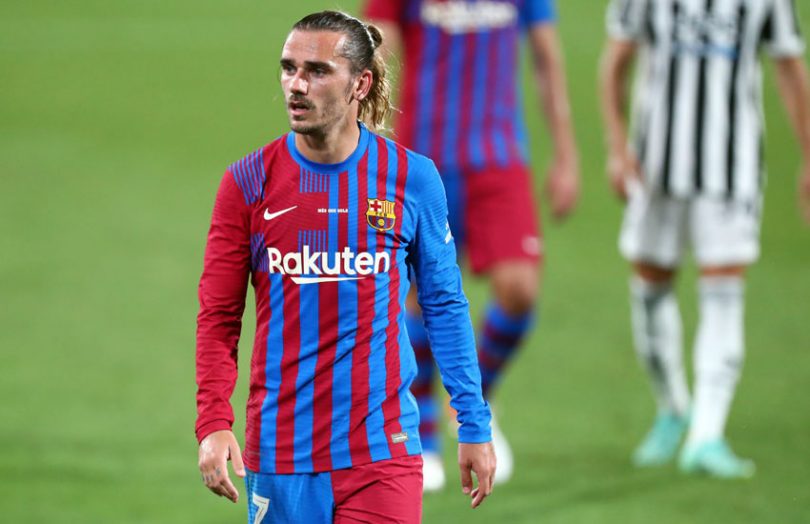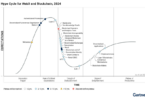On Friday, FC Barcelona, the world’s largest soccer club by revenues, canceled a non-fungible token (NFT) project with startup Ownix in a terse statement. Doing deals with startups with no track record has significant risks, as highlighted by this incident. The challenge is that many startups in the space don’t have a history. In this case, a ‘consultant’ to the NFT platform and likely token holder has been arrested.
“In light of information received today that goes against the Club’s values, FC Barcelona hereby communicate the cancellation of the contract to create and market NFT digital assets with Ownix with immediate effect,” read the club’s statement.
The issue relates to the recent arrest in Israel of Moshe Hogeg and seven others based on allegations that they defrauded cryptocurrency investors, amongst other claims. Hogeg was a co-founder of Sirin Labs, a high profile ICO that raised $158 million in 2017. But it wasn’t the only ICO in which he participated.
The following year Hogeg bought Israeli soccer club Beitar Jerusalem for $7.2 million. From the perspective of FC Barcelona, dealing with a club owner likely added a significant air of credibility. Two weeks ago, Ownix, a startup with zero track record but a cryptocurrency token, announced a deal with FC Barcelona to sell NFTs of images and videos of the club’s iconic events.
In response to the cancellation, Ownix issued a statement distancing the company from Hogeg and stating the ‘incidents’ happened years ago. It claims that it has terminated its consulting agreement with Hogeg, apparently at Hogeg’s request.
Ownix’s omission
“Ownix clarified that Mr. Hogeg does not and did not have any possession of the company’s shares,” says the statement. This point is made twice.
However, there is a glaring omission. In the cryptocurrency world, tokens rarely represent equity in companies. The statement does not mention whether or not Hogeg held tokens. The token ONX was created in late July, with a billion of them issued to five addresses. One of the wallets with 200 million ONX tokens has been pretty actively transferring them, including a $5 million transaction two days before the Barcelona deal announcement. In total, 55 million of these tokens have moved. The company earmarked 100 million tokens for immediate ‘marketing and content buying’.
As is common in the crypto world, the token’s price spiked well in advance of the Barcelona announcement. It had a price of $1.87 in late September, a little higher than the post-launch period. On October 14, the price jumped to $3.48, rising to $11 the day before the announcement. After the FC Barcelona deal was made public on November 4 the price settled back around $5.60 until last Thursday’s deal cancellation, which saw the token drop to 85 cents.
Despite this, Ownix, which has a website and no high profile deals, has a token with a market capitalization of around $740 million.
The issue highlights the potential reputational risk for brands. While Hogag may have owned a football club, an internet search would have thrown up numerous legal cases. Including a private one around similar issues to the arrest.






